As a developing economy, India has numerous developmental aspirations. How India meets these goals without worsening the climate crisis is at the heart of CSTEP's work. Addressing climate change and enabling a secure and sustainable future for Indian citizens require an overhaul of previous paradigms on development and resource utilisation. This is reflected in our work on developing low-carbon trajectories for development with an emphasis on nature-based solutions.
We are working with state governments across India to build capacity on risk and vulnerability assessments to inform their respective action plans on climate change. The transition from fossil fuels to renewable energy is crucial to achieving a secure and sustainable future. CSTEP's studies explore the possibility of a greater integration of renewables in the energy sector.
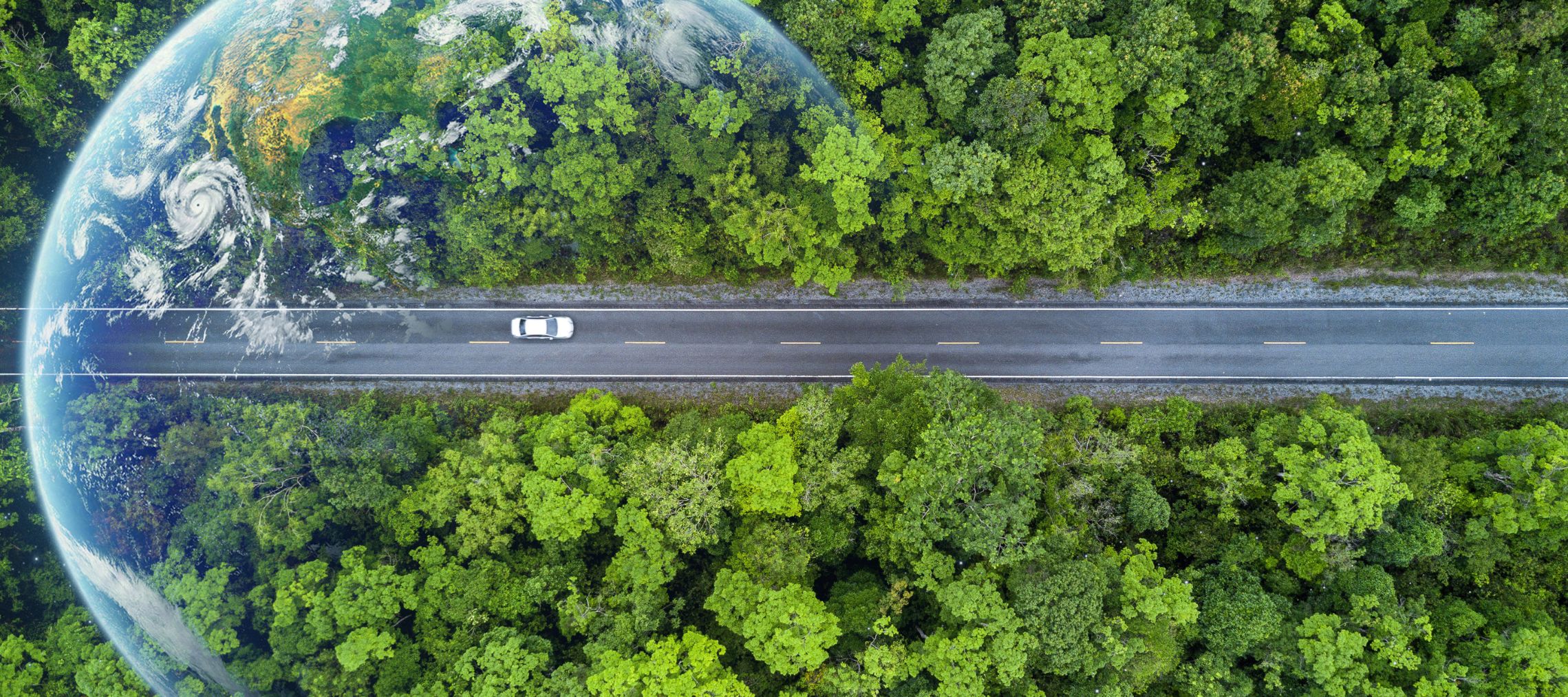
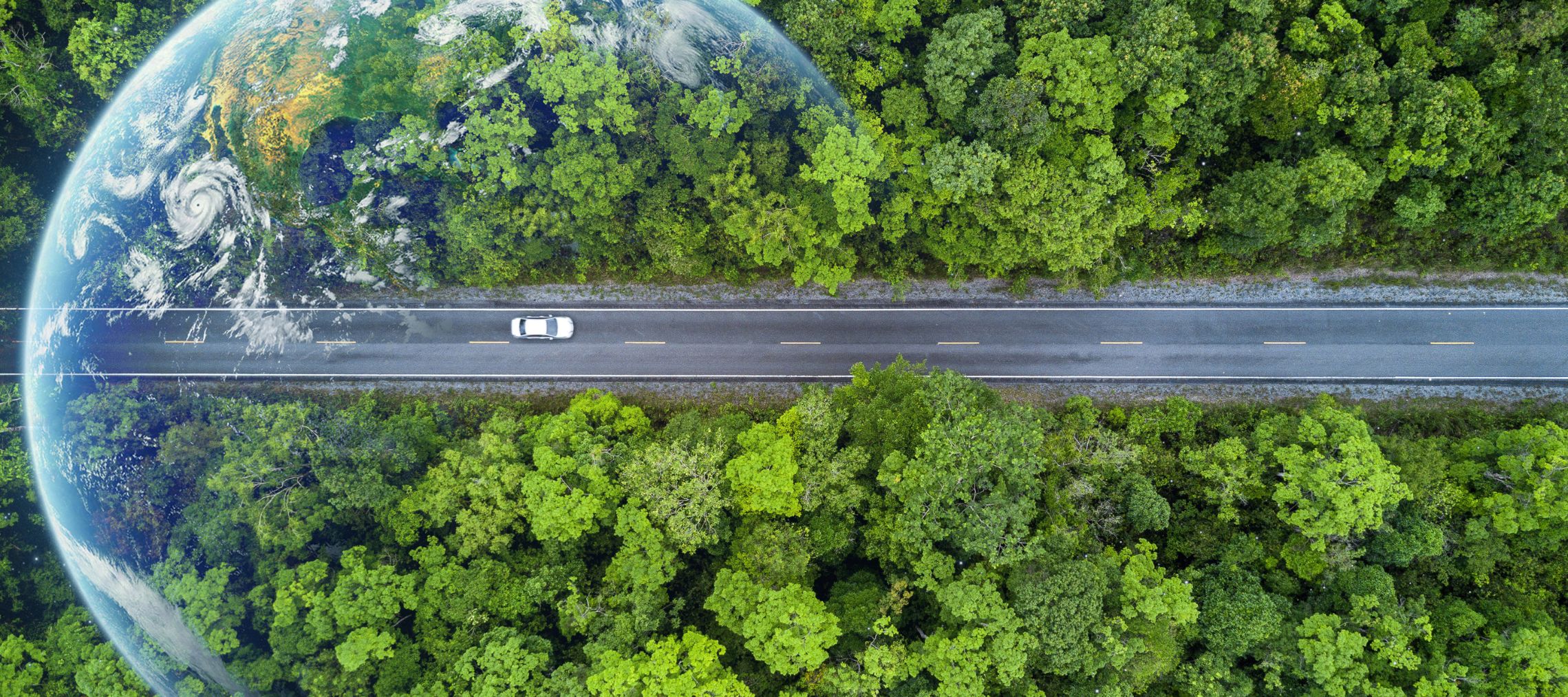
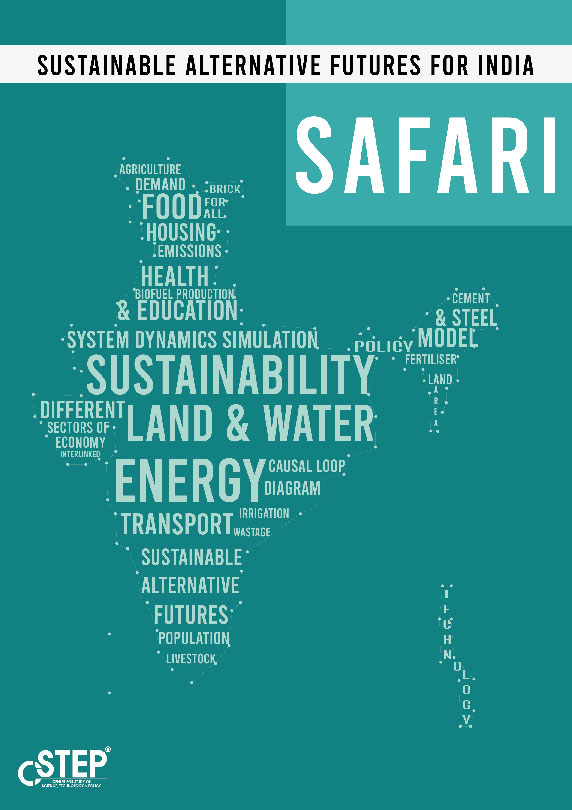
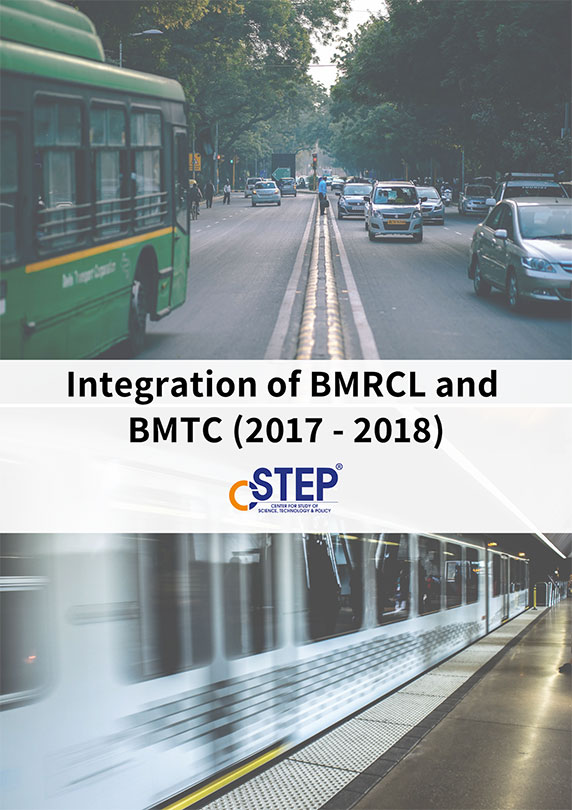
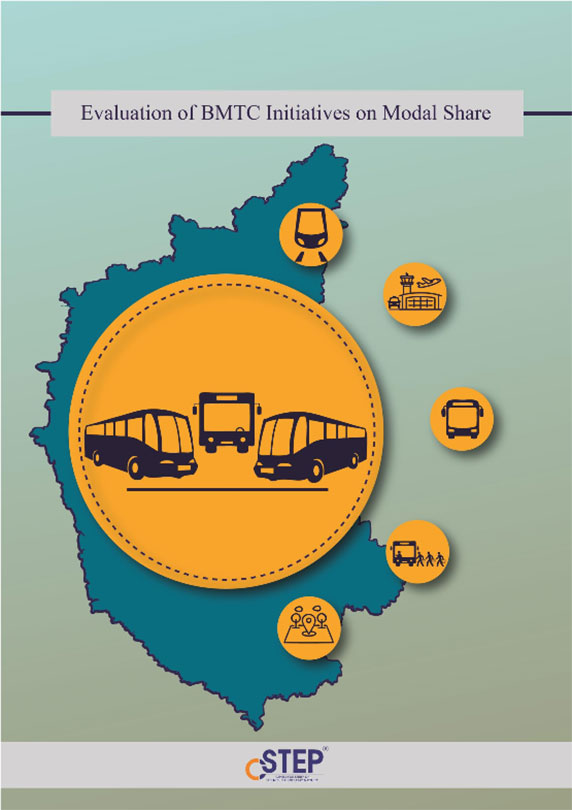
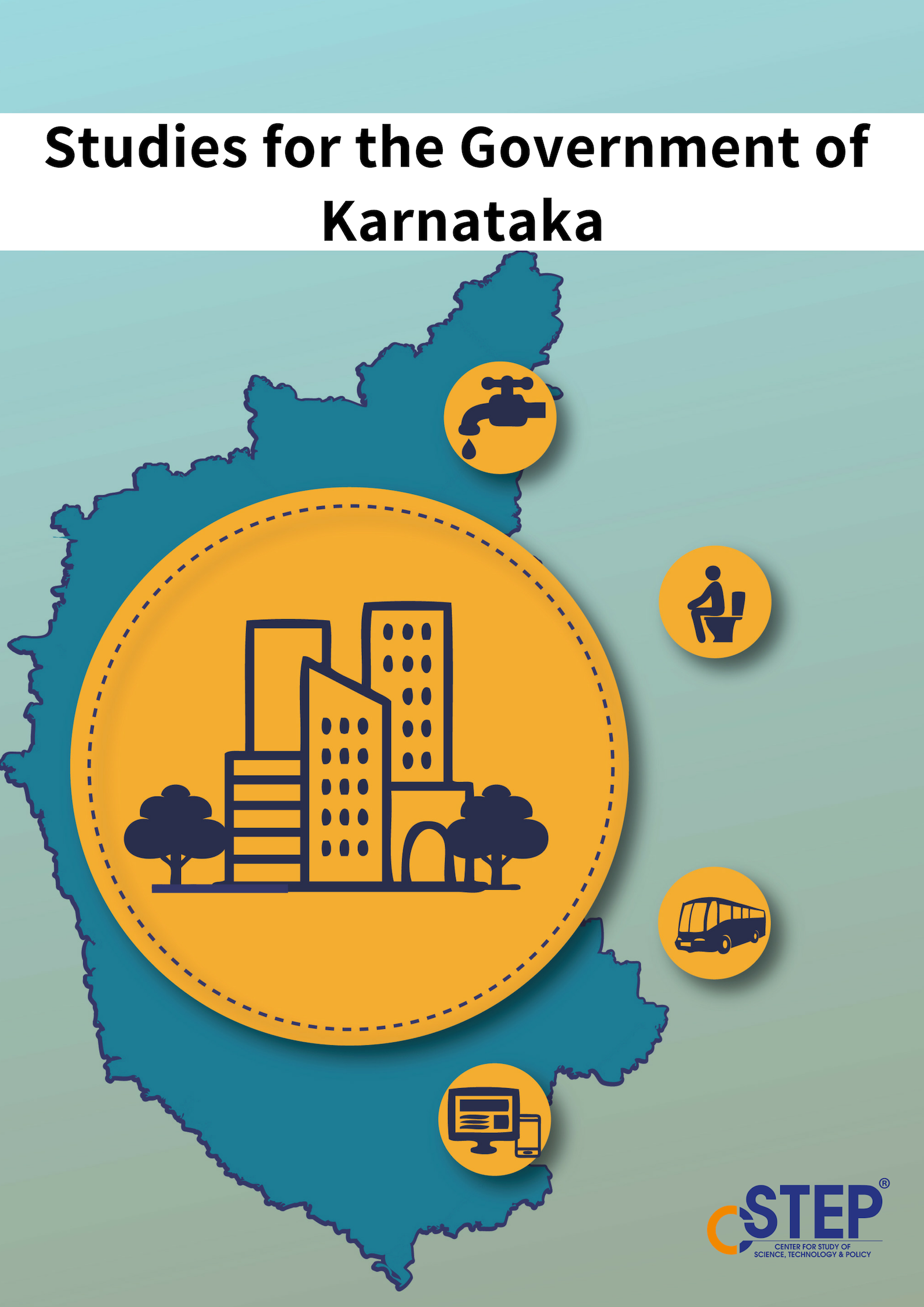

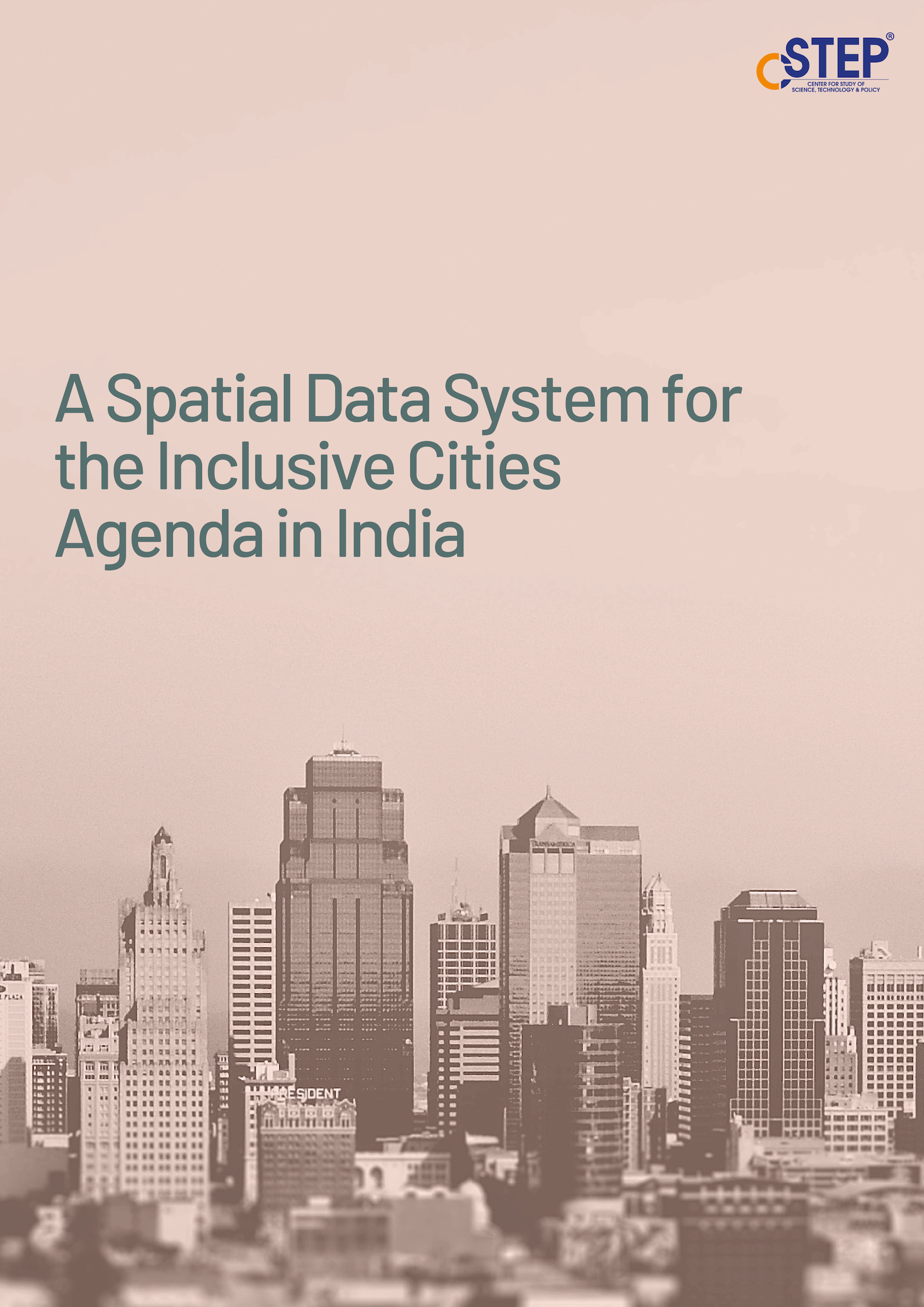
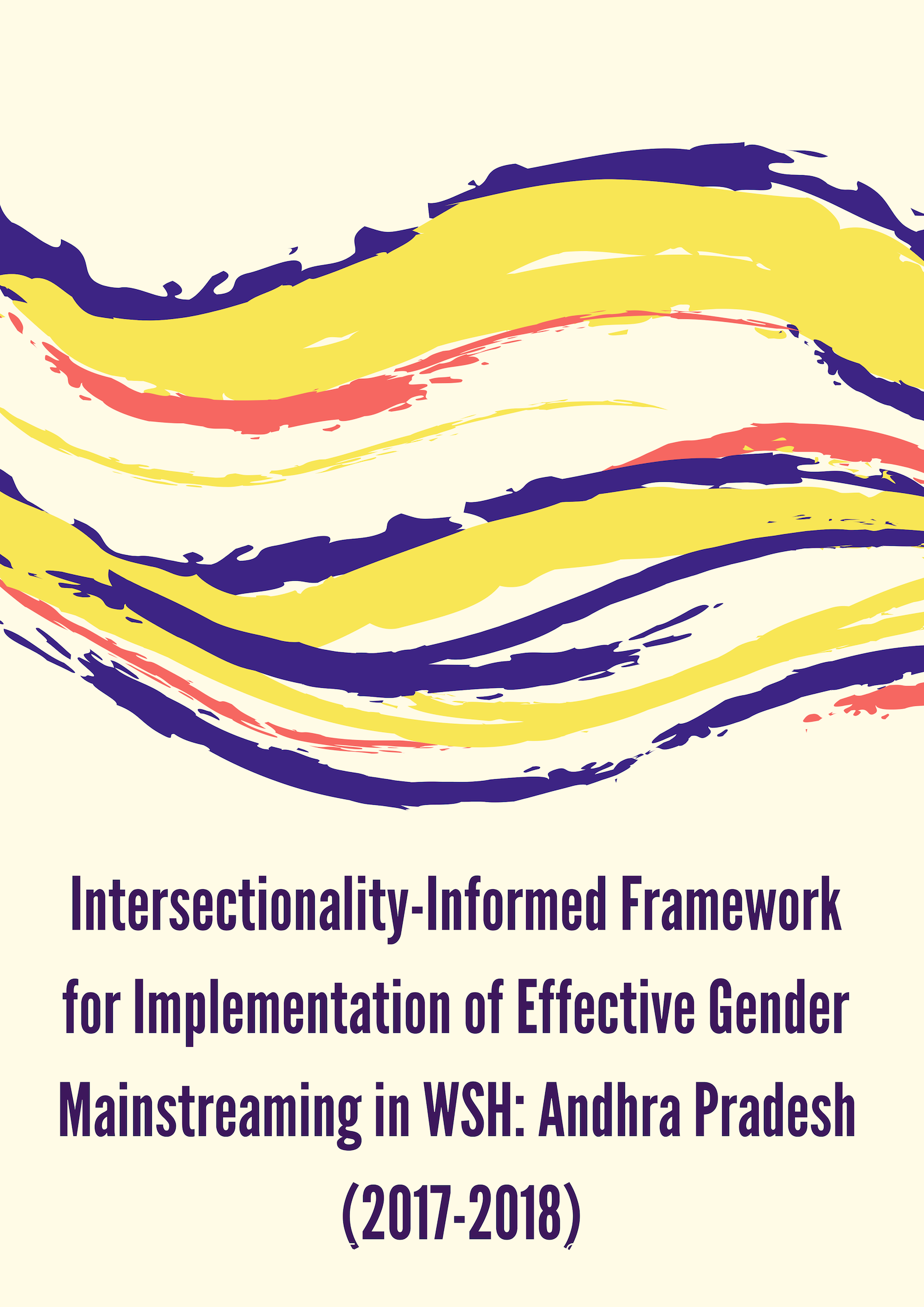
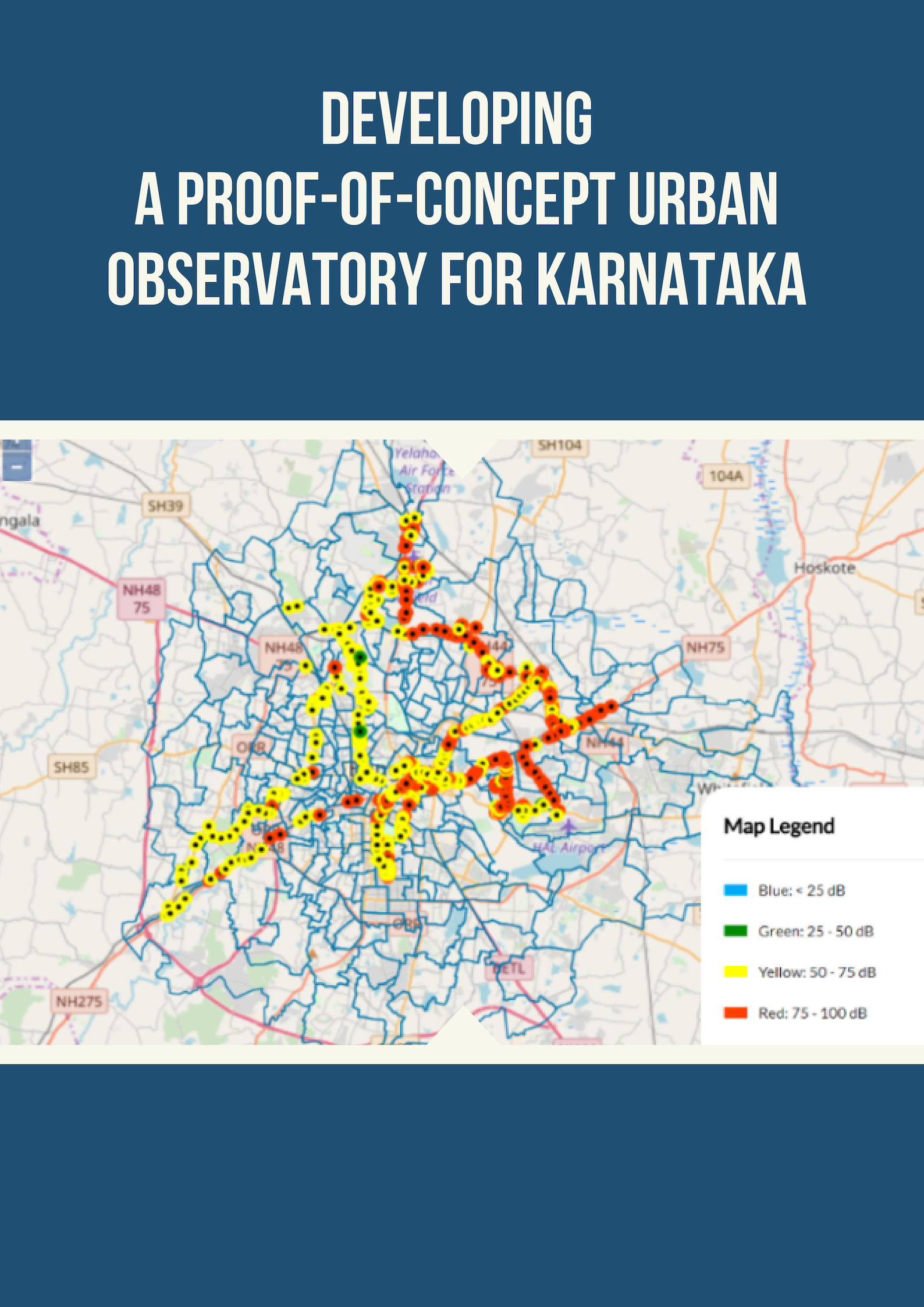
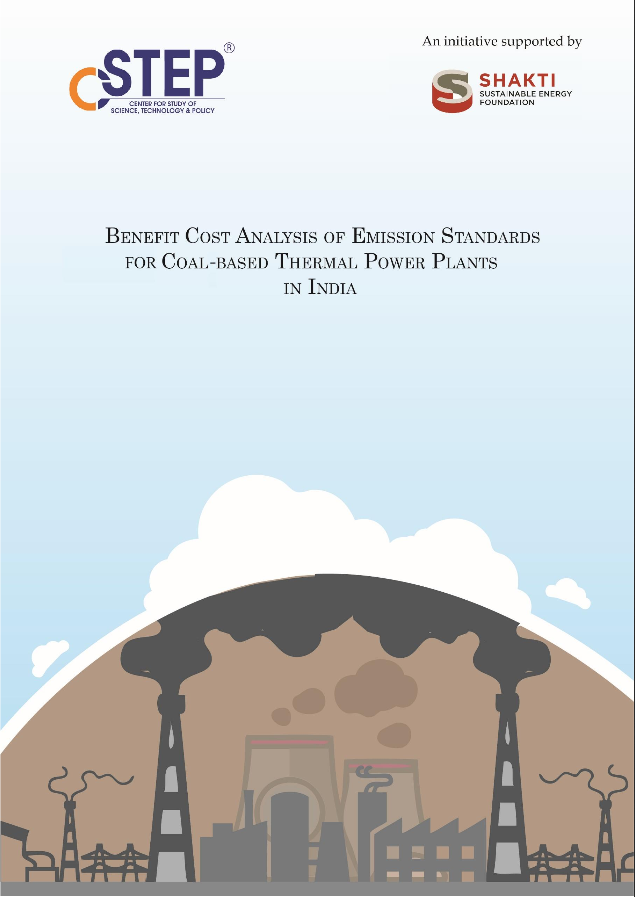


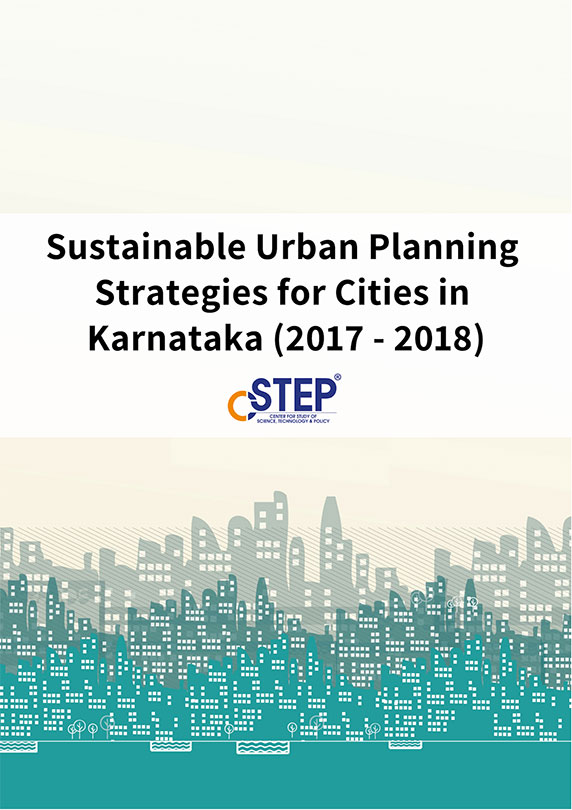




Coal and India Beyond COP26 – Why the Long Phase?
The two-week-long UN Climate Change Conference (COP26) concluded with the negotiated terms detailed in the Glasgow Climate Pact. According to the International Energy Agency (IEA), in the most optimistic scenario where all the announced pledges are achieved, global mean temperature rise can be limited to 1.8°C by 2100. Even if complete implementation may be unlikely, in terms of ambition and ratcheting, COP26 has made progress, albeit incremental.
Nature Can Solve Chennai Floods
Climate change is increasing the risk of occurrence of natural hazard events at different scales and magnitudes across the world. In India, Chennai rains and the resulting floods are a recent example. While climate change is the prime factor, environmental degradation exacerbates disaster risk, affecting the degree of exposure of societies to floods, landslides, and other hazards. Conventional urban-flood-management approaches alone may fall short as they do not provide the services required to build resilience to deal with the heightened threats.
Press Release - ‘We need to look beyond stubble burning to improve air quality’
“We need to go beyond the stubble burning issue and include road dust, and emissions from municipal waste, industries, and burning of plastic while dealing with air pollution,” said Shri Rana Gurjeet Singh, Cabinet Minister, Government for Punjab. He was speaking at ‘Vision: Clean Skies for Punjab’, organised by the Center for Study of Science, Technology and Policy (CSTEP), one of India’s leading think tanks in Chandigarh.
Climate Hour: Climate Crisis Basics and COP26
As part of CSTEP's Discussion Series on the Role of Science and Technology in Society,
the Climate team organised 'Climate Hour: Climate Crisis Basics and COP26' on 30 November 2021.
The virtual event discussed the climate crisis and COP26 in detail, and students from various educational institutes participated.
Please watch the recording of the event here.
RE Atlas Can Provide Pre-feasibility Analysis for Setting up Solar Plants to Make OSOWOG a Reality
The Green Grids Initiative – One Sun One World One Grid (GGI-OSOWOG), announced by Indian Prime Minister Narendra Modi and UK Prime Minister Boris Johnson on the sidelines of COP26, aims to harness the solar potential and facilitate a faster transition to renewable energy. With the US being the latest country to join the India-led International Solar Alliance, One Sun, One World, One Grid may not be too distant a dream after all.
